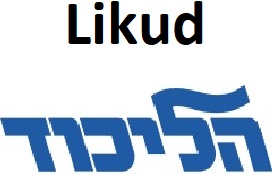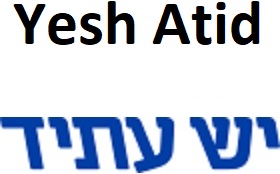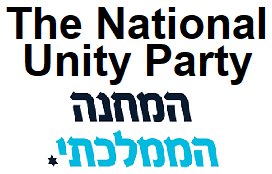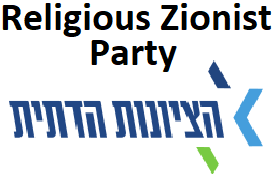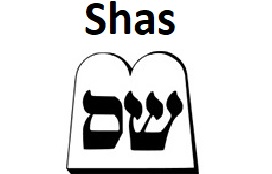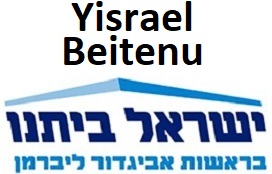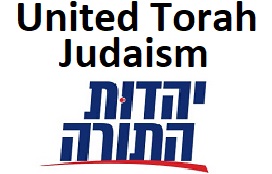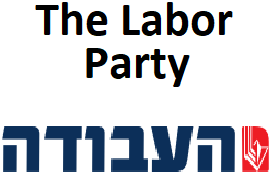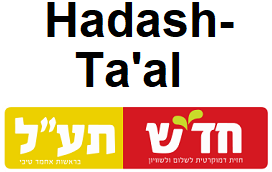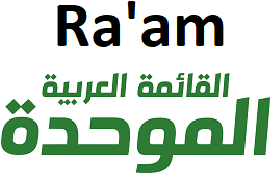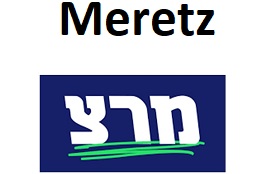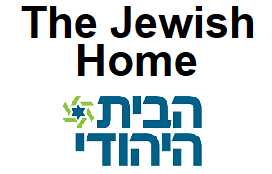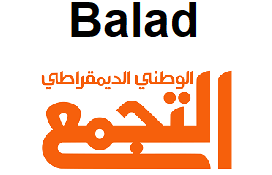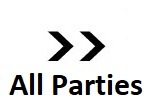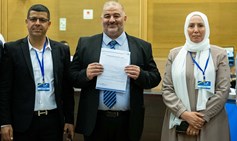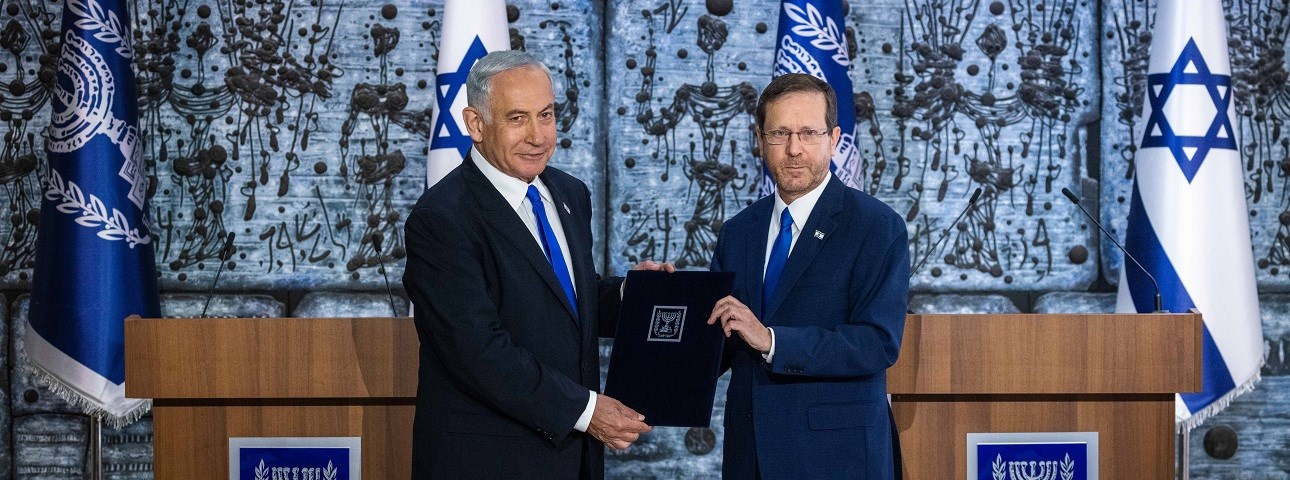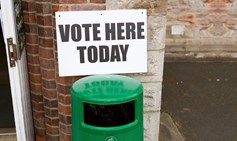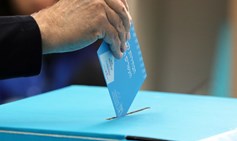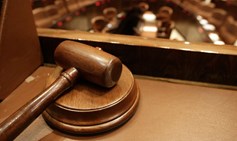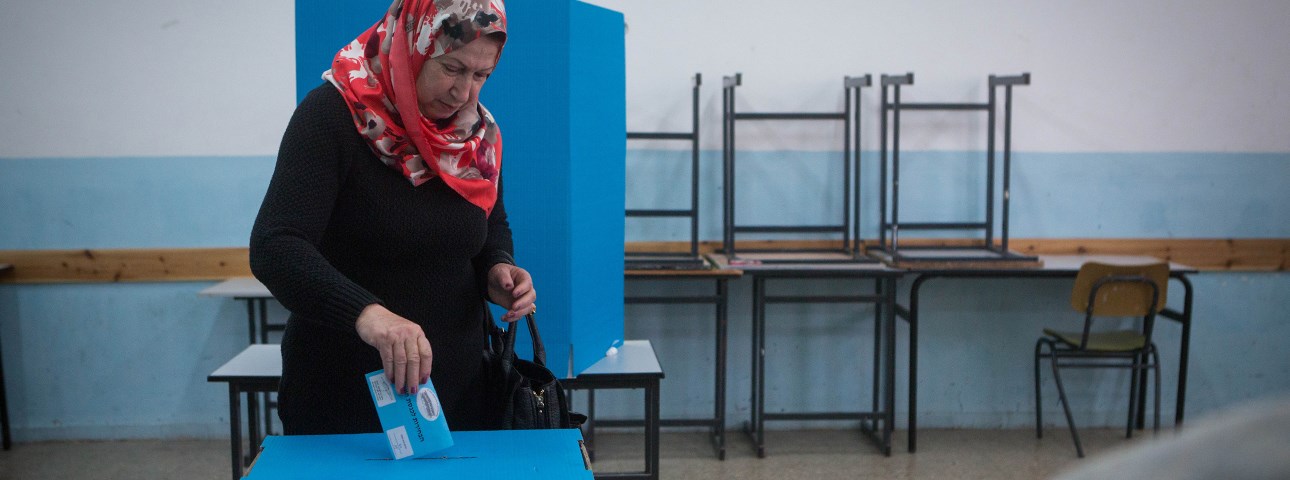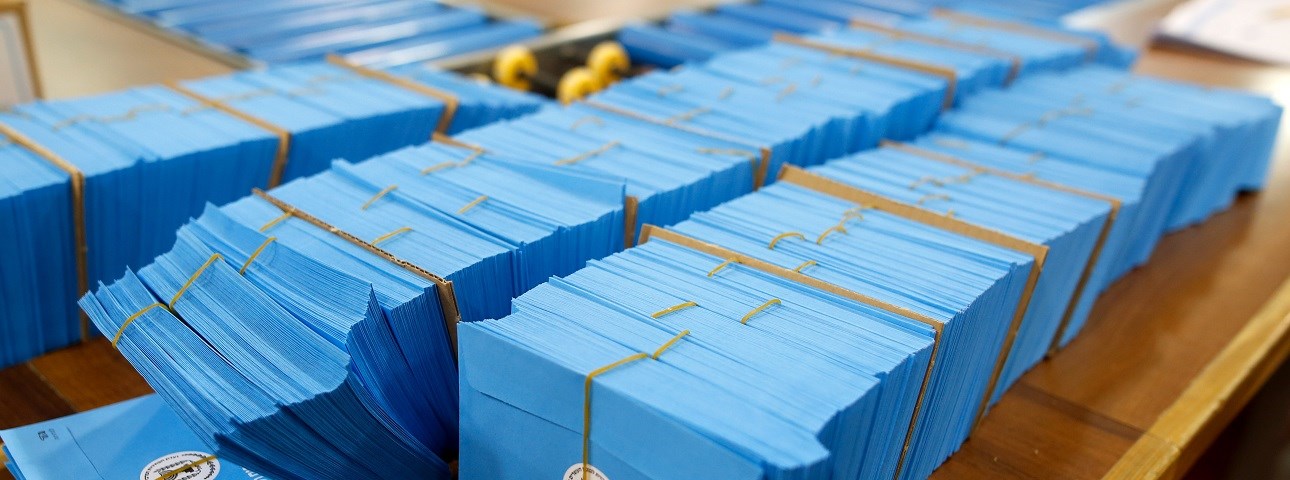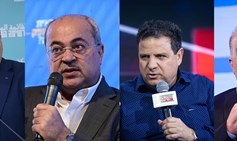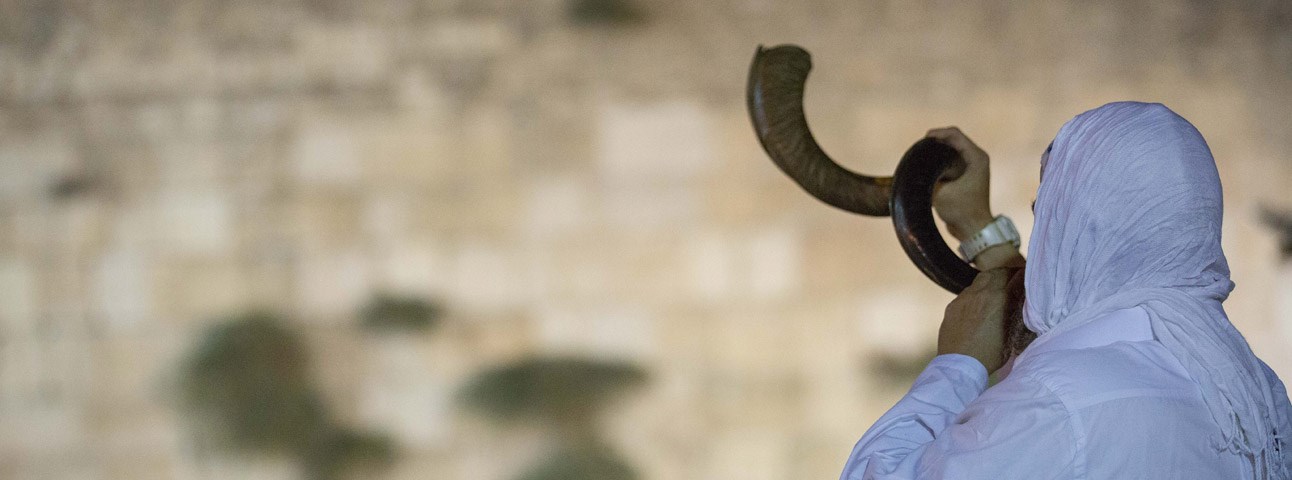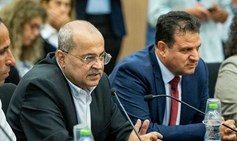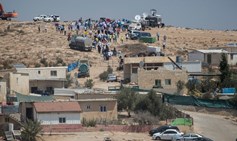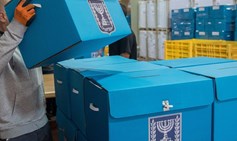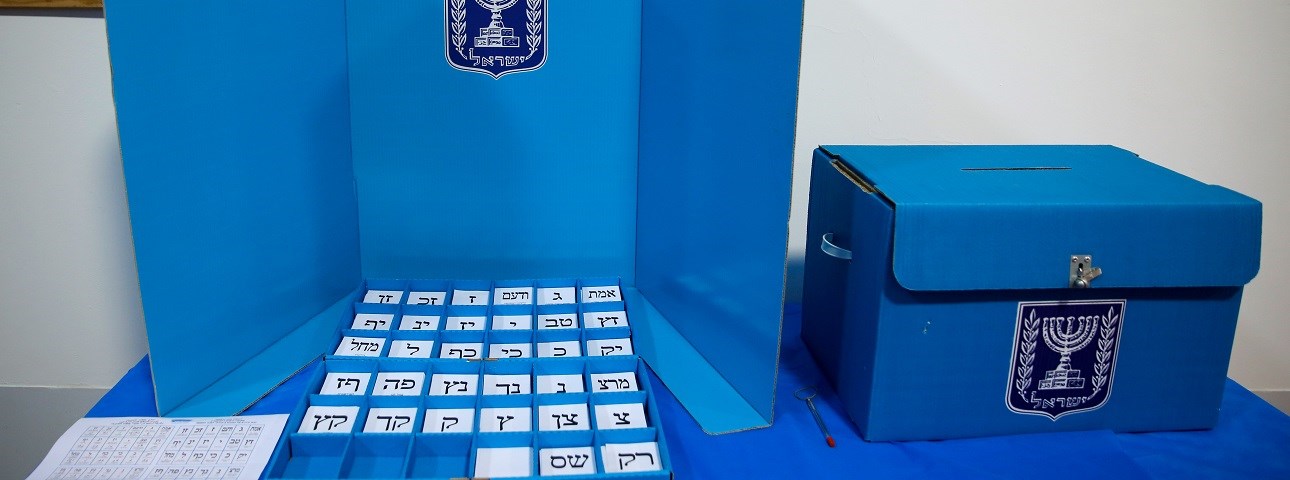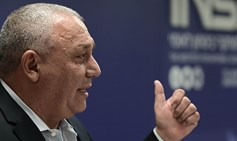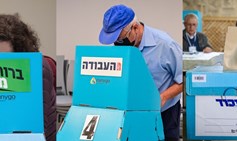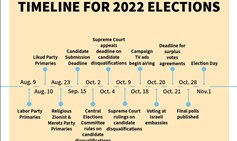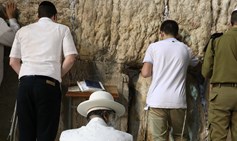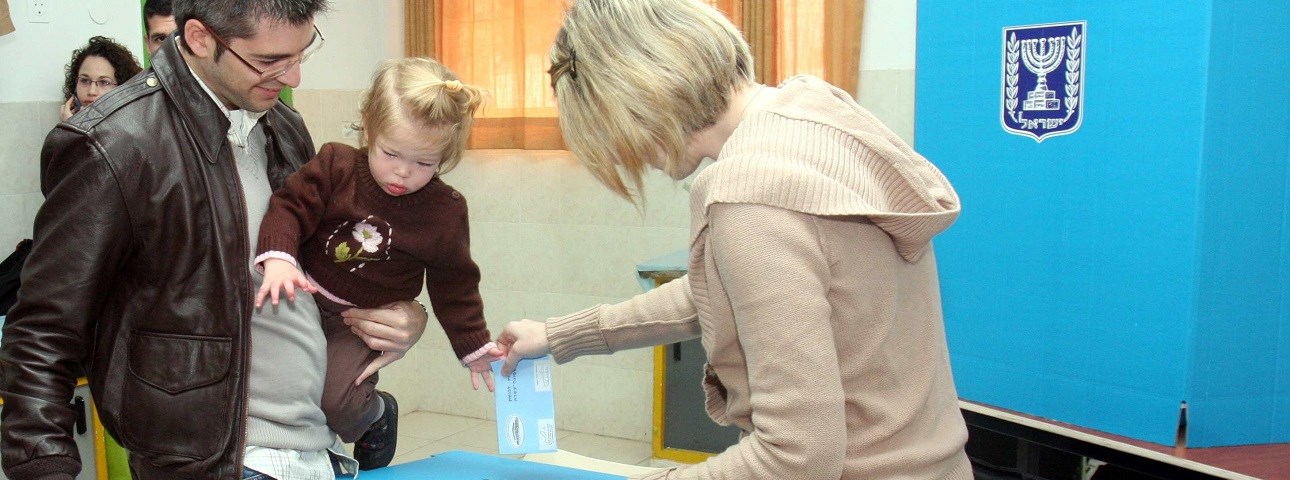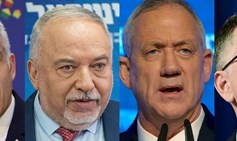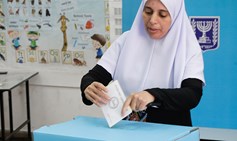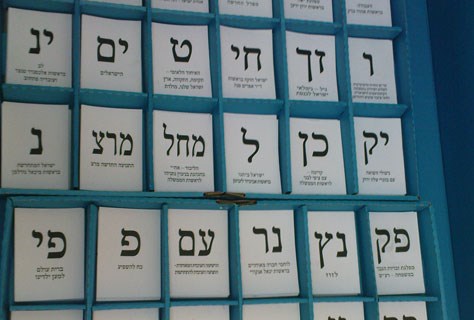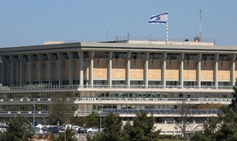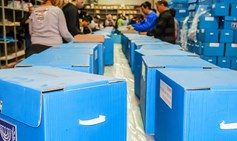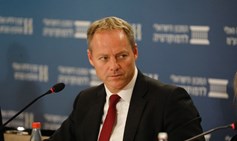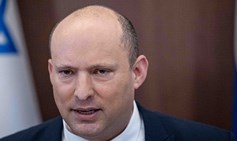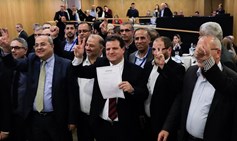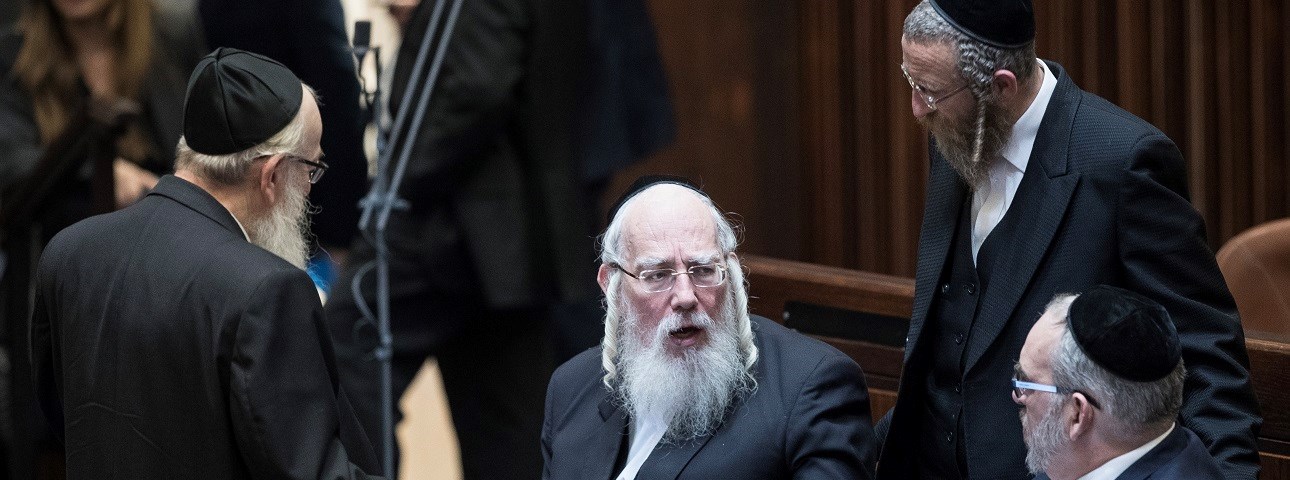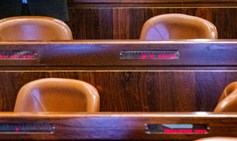Elections for the 25th Knesset
Israel’s 36th government (Bennett-Lapid government) which took office following the 2021 elections was unique in several ways. First, the parliamentary coalition that supported the government included, for the first time, an Arab party (Ra’am); Secondly, it included 8 parties from a wide ideological spectrum; Thirdly, the prime minister came from a small party. These attributes, along with the fact that it was a fragile coalition supported by a minimal majority of 61 MKs, led to a government that faced constant and complex challenges. In the first 10 months the government met these challenges quite well. However, by Spring 2022 the government had begun to destabilize after several MKs removed their parliamentary support. The loss of a parliamentary majority culminated in PM Bennett’s decision to dissolve the Knesset and call for early elections. As a result, Yesh Atid’s chairman Yair Lapid was nominated as Israel’s 14th Prime Minister.
The election to the 25th Knesset will be held on November 1st, 2022. This will mark the fifth time Israeli citizens go to the polls within three and a half years. As a result, Israel has become the parliamentary democracy with the highest election frequency, a circumstance that reflects alarming levels of instability and lack of governability. In August, some of the parties held primaries to elect their candidates for the coming elections, while in other parties the lists were determined by the leader or by a small nominating committee.
Towards the deadline for submitting the lists of candidates, the field of contestants became clearer. Three main changes occured in comparison to the previous elections. First, the New Hope party (headed by by Gideon Sa'ar) joined Blue & White (headed by Benny Gantz), and the two will run under a new label: HaMakhane HaMamlakhti. Second, Yamina list disintegrated. Former Prime Minister Naftali Bennett retired and Ayelet Shaked will compete under The Jewish Home. Thirdly, the Joint List broke up and in the next elections Hadash-Ta'al will compete on one list, and Balad will compete independently for the first time since 2013. A total of 40 lists submitted their candidacies to the Central Election Committee.

